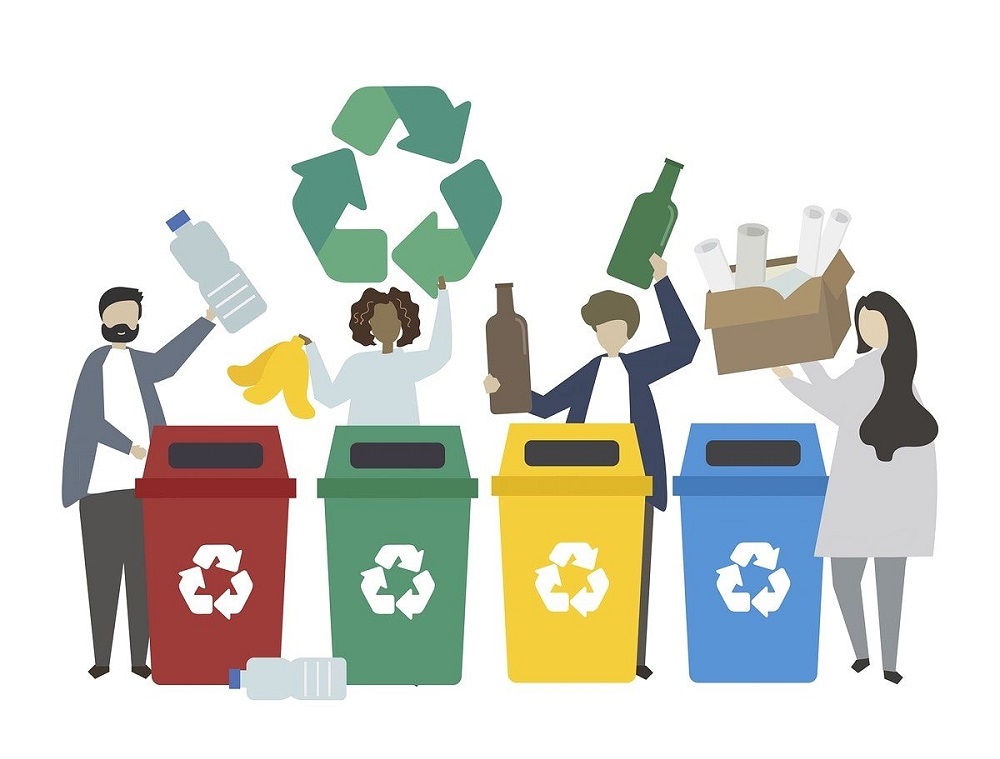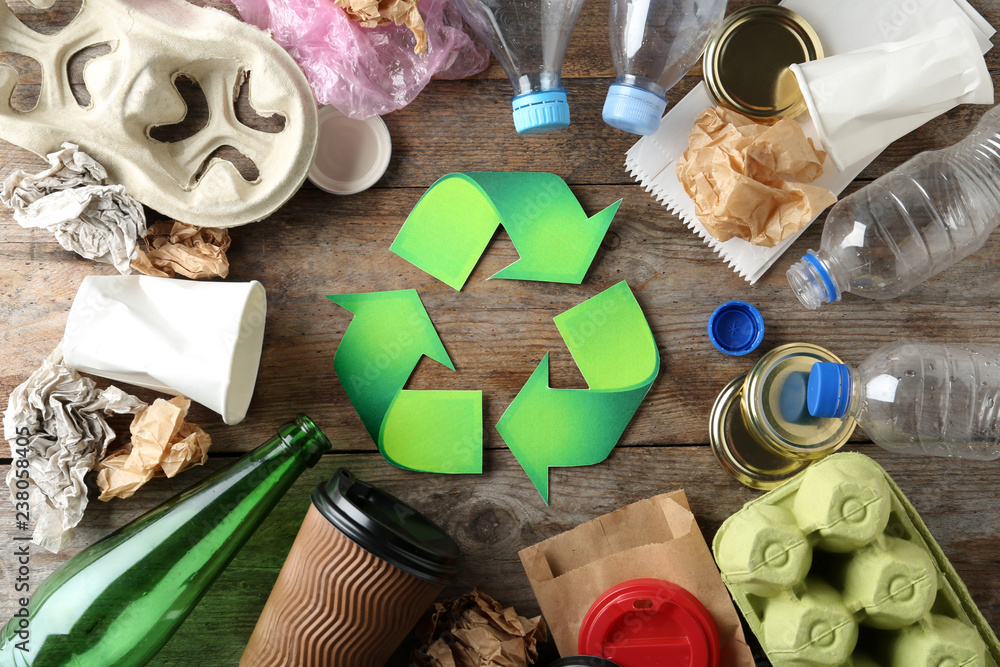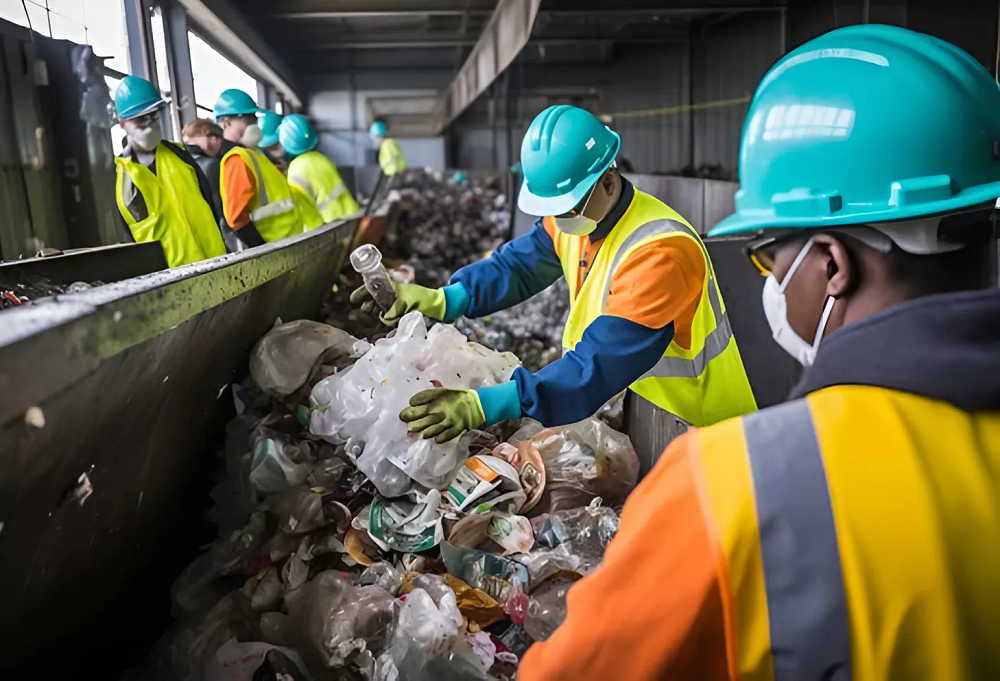Introduction
 What is Recycling?
What is Recycling?
Recycling is a process in which waste materials are collected, processed, and transformed into new products. This process involves waste separation, recycling raw materials, and producing new products from recycled materials. Many materials that are discarded daily, such as paper, plastic, metal, glass, and fabric, are recyclable and can be returned to the production cycle.
The Importance of Recycling in Environmental Conservation
 1. Reduction of Environmental Pollution
1. Reduction of Environmental Pollution
One of the most important reasons for the significance of recycling is reducing environmental pollution. Plastic, metal, and chemical waste left in nature can lead to the contamination of water, soil, and air. By recycling these materials, pollutants are prevented from entering the environment, and their negative impacts on ecosystems are minimized.
2. Conservation of Natural Resources
 3. Reduction of Landfill Waste Volume
3. Reduction of Landfill Waste VolumeWith the increasing amount of waste production, landfills are filling up and causing many environmental problems. Not only do landfills occupy natural spaces, but they also release harmful gases such as methane. The importance of recycling in reducing landfill waste volume helps preserve natural spaces and prevents soil and water resource contamination.
Economic impacts of recycling
1. Job creation
 Reducing production costs
Reducing production costsProducing products from recycled materials is significantly cheaper than using raw materials. For example, producing aluminum from recycled aluminum requires up to 90% less energy compared to producing it from bauxite. This reduction in production costs leads to lower prices for products for consumers as well.
3. Reducing waste management costs
Urban waste management requires high costs for collection, transportation, and disposal. With an increase in recycling rates, the volume of landfill waste decreases, and as a result, waste management costs are reduced.
Social impacts of recycling
1. Enhancing environmental awareness
The importance of recycling is also evident in the social context. Raising awareness about recycling increases public consciousness regarding the environment and individuals’ responsibility towards nature. This awareness can lead to changes in consumer behavior and encourage them to use recycled products.
2. Improving quality of life
By reducing pollution and conserving natural resources, the quality of life for individuals improves. Reducing plastic and chemical waste in the environment leads to a decrease in pollution-related diseases and an increase in the overall health of the community.
3. Social participation
 Challenges of recycling and solutions
Challenges of recycling and solutions1. lack of public awareness
One of the most significant challenges in recycling is the lack of public awareness regarding how to sort and recycle waste. To address this issue, extensive educational and informational programs must be implemented.
2. high initial costs
Setting up recycling facilities requires initial investment. However, in the long term, the economic and environmental benefits of recycling will offset the initial costs.
Conculsion
The importance of recycling is one of the most effective solutions for reducing pollution, conserving natural resources, and promoting sustainable development. This process not only contributes to improving environmental conditions but also has positive economic and social impacts. By increasing public awareness, developing recycling infrastructure, and fostering public participation, we can move towards a sustainable and healthy future.
Every individual can play an effective role in preserving the environment by sorting their waste, using recycled products, and promoting a culture of recycling in society. A cleaner and healthier future will be possible with small but effective actions from everyone.
